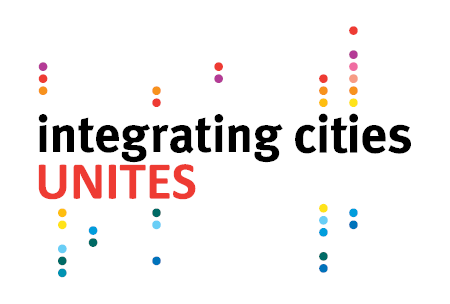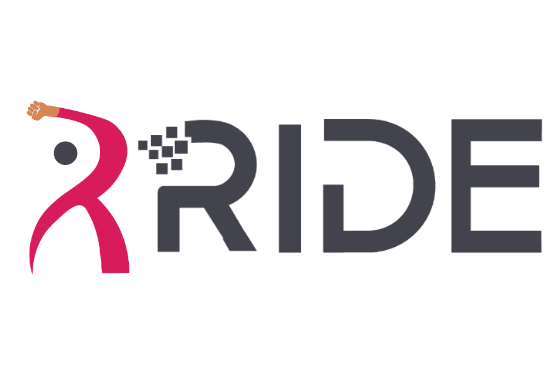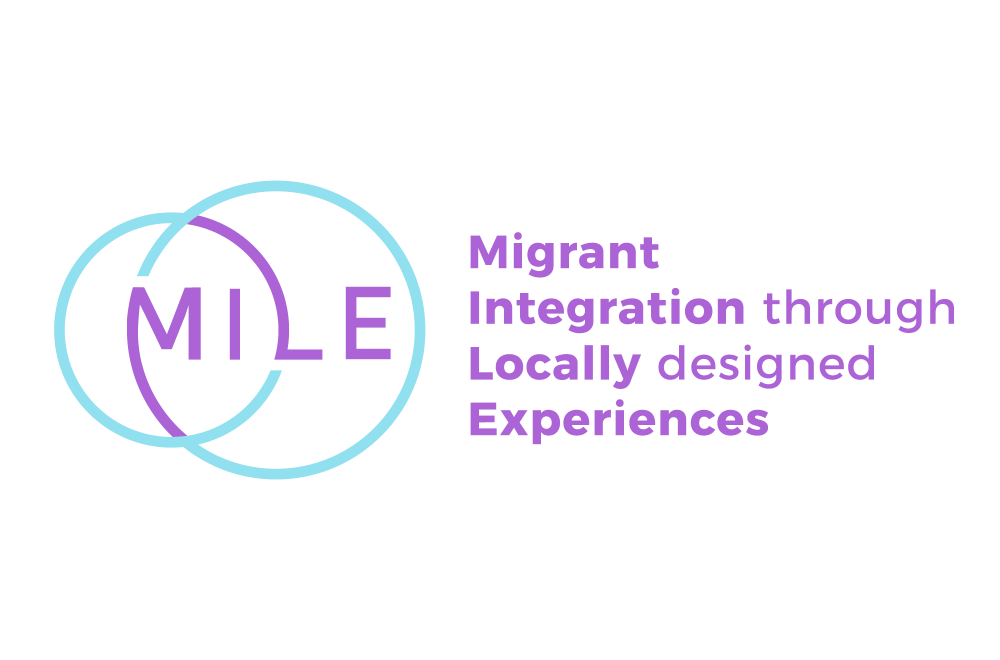Led by Eurocities, UNITES – UrbaN InTEgration Strategies through co-design – trains and accompanies local authorities to co-design integration strategies with other stakeholders and migrants.
UNITES aims to:
- improve integration outcomes by co-designing integration strategies with stakeholders, citizens and vulnerable migrants
- train integration practitioners in managing co-design processes through different forms of learning and exchange of good practices
- foster the participation of citizens, including migrants but also vulnerable migrants in the co-design of integration strategy
- raise awareness of the advantages of a “whole of society approach” to integration.
The project’s first stage is developing training on co-designing integration strategies, incorporating research on best practices across Europe. A pilot version of the training will be conducted with staff from the 8 cities participating in the project. The training will then be developed into an open access online course (MOOC) for integration practitioners outside the project.
In the second stage, the 8 city partners receive a €20,000 grant to set up a new mechanism for stakeholder consultation and develop their local integration strategy through co-design with stakeholders and migrants. In planning and implementing their actions, they will receive guidance from colleagues from other cities and migrant organisations in peer workshops and peer visits to each city.




